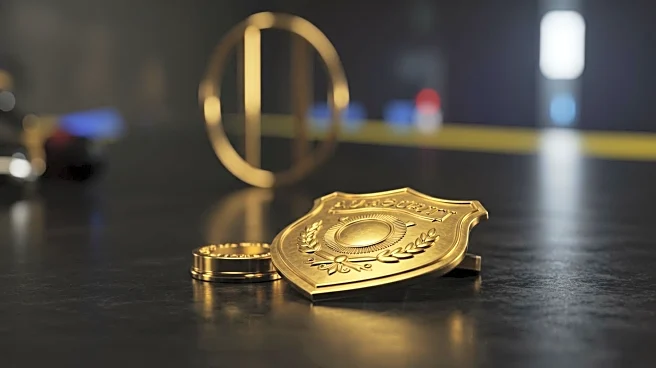What's Happening?
President Trump has taken control of the Washington DC police department and has deployed the National Guard to the city. This move has blindsided local officials and raised questions about its legality. The President has also indicated that more cities could be put on notice for similar actions. This development comes as President Trump is preparing for a meeting with Russian President Vladimir Putin on U.S. soil, although there is uncertainty about whether Putin will attend.
Why It's Important?
The takeover of the DC police department by President Trump and the deployment of the National Guard is significant as it raises legal and constitutional questions about the extent of presidential powers. This action could set a precedent for federal intervention in local law enforcement, potentially affecting the balance of power between federal and state authorities. The situation also adds tension to the upcoming meeting with President Putin, which is already under scrutiny due to geopolitical implications.
What's Next?
The next steps could involve legal challenges from local officials or civil rights groups questioning the legality of President Trump's actions. Additionally, the outcome of the anticipated meeting with President Putin could have significant diplomatic repercussions, depending on whether it proceeds and the discussions that take place. Stakeholders, including political leaders and international observers, will be closely monitoring these developments.
Beyond the Headlines
This situation highlights broader issues of federal authority and the potential for executive overreach. It also underscores the complexities of U.S.-Russia relations, particularly in the context of domestic political maneuvers. The legal and ethical dimensions of deploying federal forces in local jurisdictions could have long-term implications for governance and civil liberties.








